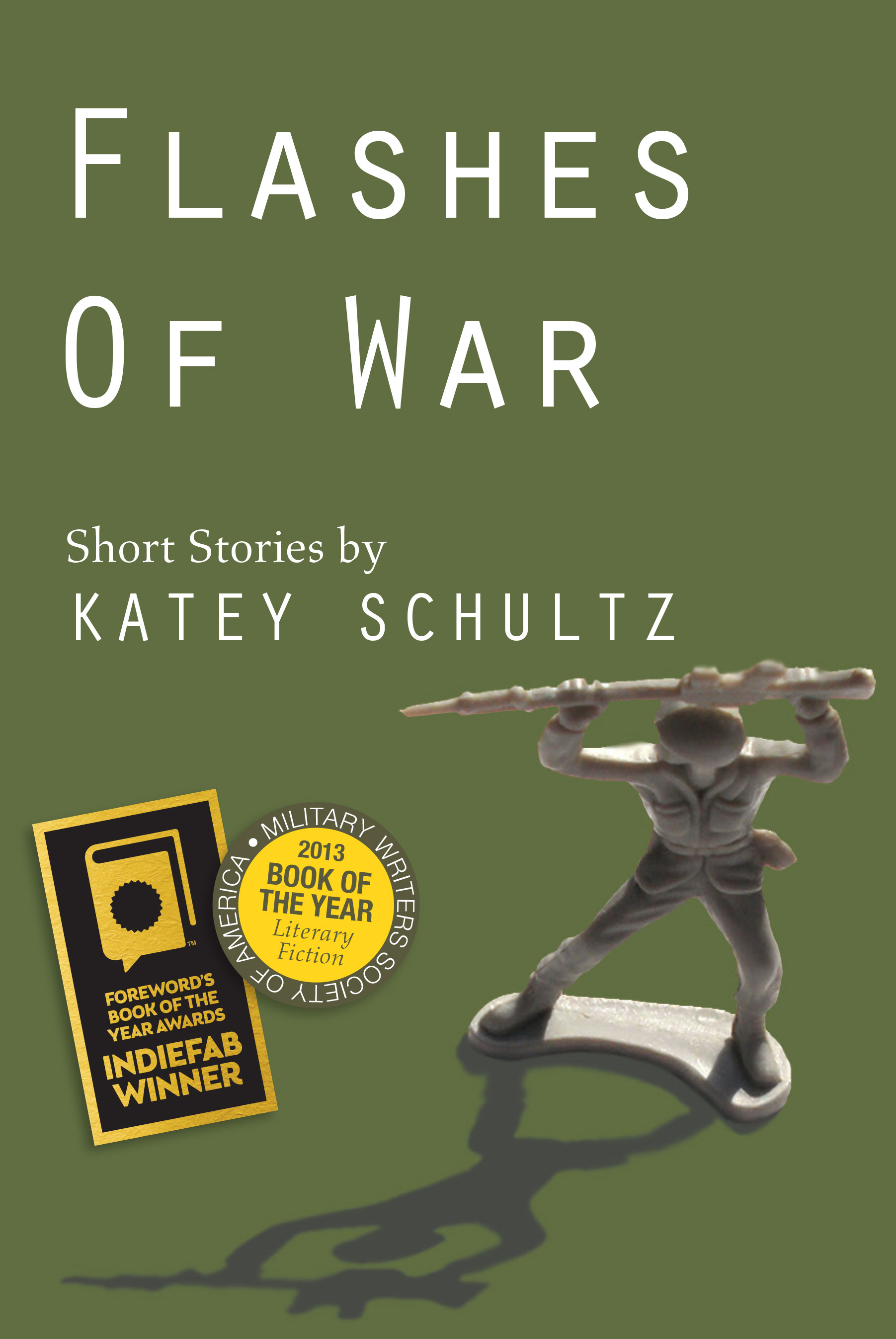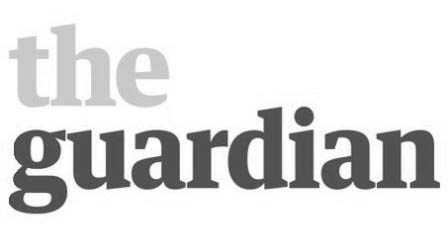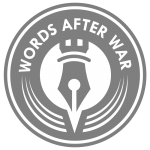flashes of war
“I don’t usually read war stories, but Flashes of War was phenomenal! I was drawn to the characters and their experiences as human beings, and also feel I’ve gained real insight into all the perspectives of these ongoing conflicts. If I hadn’t known, I’d have sworn you were in the military. You have a real gift, and I look forward to reading more.”
–Betsy Emdin
Awarded 2013 Gold Medal in Literary Fiction from MWSA and IndieFab Book of the Year from Foreword Reviews. For a signed copy from the author, order here. Or support the author’s local indy bookseller and buy now via Malaprop’s Bookstore.
Numerous characters—returning U.S. soldier and pragmatic jihadist, Afghan mother and listless American sister, courageous amputee and a ghost that cannot let go—appear in Flashes of War, which captures personal moments of fear, introspection, confusion, and valor in one collection spanning nations and perspectives. Written in clear, accessible language with startling metaphors, this unforgettable journey leaves aside judgment, bringing us closer to a broader understanding of war by focusing on individuals, their motivations, and their impossible decisions. Available for $16.95 in paperback © Loyola University Maryland, 2013. ISBN: 978-1-934074-85-5.
Selected as required reading by Lt Col Pipes at the United States Air Force Academy in Colorado Springs.
As I worked on this book, people often asked why I wrote about war.
The wars in Iraq and Afghanistan were described as “my generation’s,” but I knew very little about them and had no immediate ties to the military. Right or wrong, “their” side or “ours,” I wanted to know, on the level of basic human experience, what were these wars actually like? How did people operate under extreme conditions with less-than-ideal tools for survival? How did their personal traits influence their motivations and experiences against the backdrop of war? What were the impacts of war inside the family home or in the far reaches of an individual’s mind?
I wanted to write my way toward answers to these questions by studying the intimate moments of a soldier’s or civilian’s life—images, decisions, and thoughts so small and experienced under such strain that even an interview with the most forthcoming individual could not unearth. I was not interested in becoming an embedded reporter or detailing the facts of either war through journalism. There are many writers who have done that and done it well. As someone inclined to make sense of the world through story, I knew my window into these wars would have to be narrative. What better way to begin than with unanswered questions and the creative freedom to write my way toward something I could believe.
As I researched and imagined, inspiration for stories in Flashes of War initially came in two ways: from the rhythmic and emotional quality of a quote or from the jarring contrast of a memorable image. One example is a series of YouTube videos I watched with embedded reporter Ben Anderson. In an interview, a soldier looked into the camera and said, “America’s not at war. America’s at the mall.” I felt struck by the tension and cadence of this—the war versus the mall—and wrote my first war story titled, “While the Rest of America’s at the Mall.” Another example came from the movie Kandahar, which included a scene depicting a group of Afghan civilians, each missing a leg and using crutches. The men raced toward a plane flying overhead that dropped half a dozen prosthetic legs from its hatch, sending them down on parachutes. When I saw this, I paused the DVD. The countryside looked beautiful: rolling brown hills against a cloudless, azure sky. Then there were these legs silhouetted against the sun, these men hobbling toward them. This was a moment my mind could not comprehend, and I felt compelled to explore it by writing “Amputee” and “My Son Wanted a Notebook.”
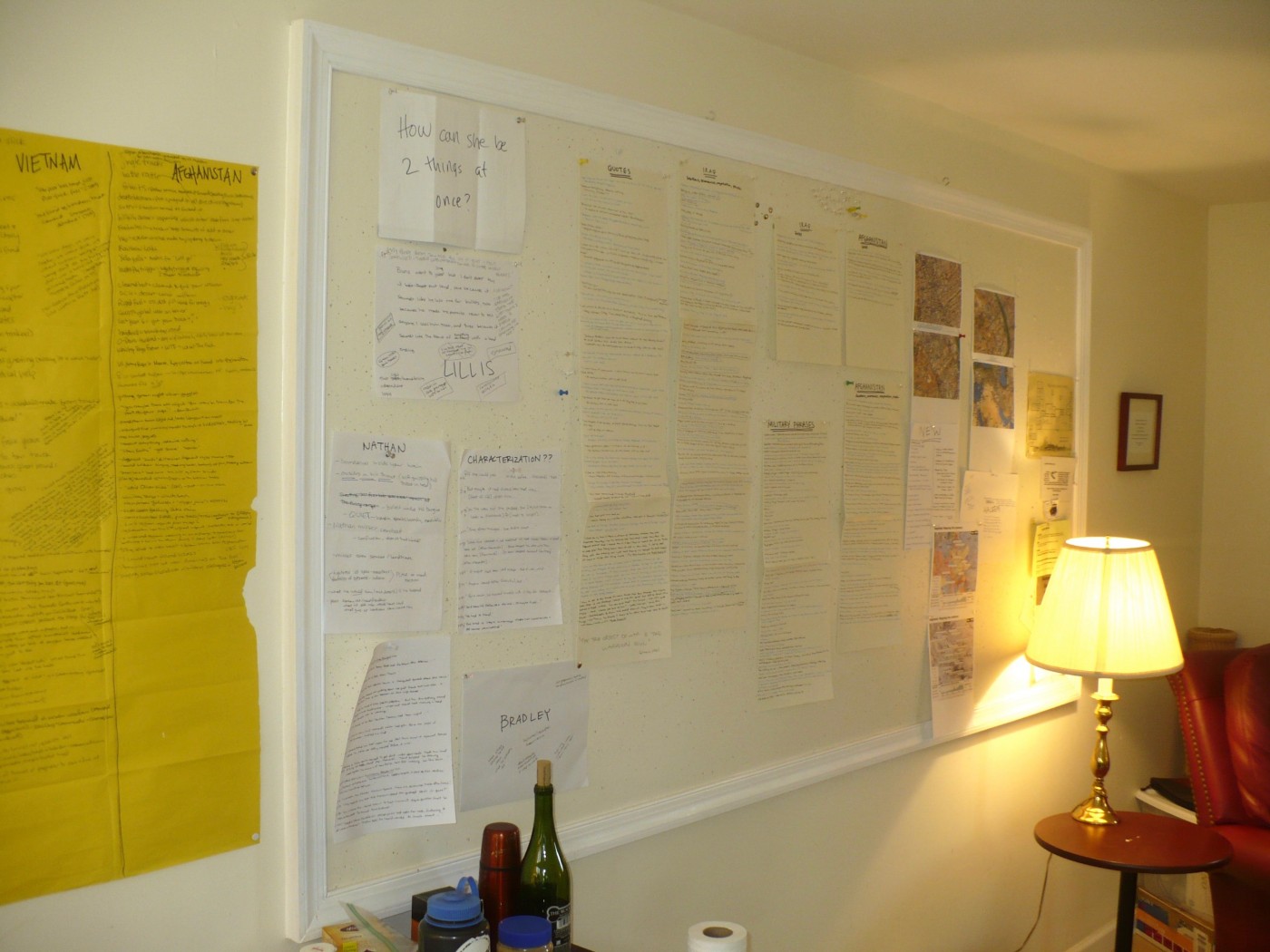
To help immerse myself in the environment of war, I plastered my studio walls with quotes and photos. I used Google Images to “visit” Iraq and Afghanistan. In almost all cases, I was able to intersperse the stories with real locations, accurate historical or cultural references, and current facts. I read books and watched countless hours of movies until the wars found their way into my dreams. I looked up weapons, order of military rank, Arabic and Pashtun terms, colors of uniforms. The list of new phrases at my disposal seemed endless: fobbits, ripped fuel, hot brass, haji, raghead, yalla yalla, got your six, pressin’ the flesh, stay frosty. Likewise, primary accounts from civilians proved evocative: “Since my brother was killed, I cannot taste my tea. I cannot taste anything;” “I am but one fistful of dirt;” “There is no law. The gun is law.”
Eventually, I filled myself with enough information to precisely imagine my way toward fiction I could believe in. I certainly didn’t have all the answers, but I felt the stories brought me closer to something real and, if nothing else, could bear witness to the complexity of hope and suffering.
“Flash fiction is a genre marked by diminished resources. The stories can only be 250-750 words (1,000 max). There’s no time for tremendous backstory and there’s no need. These are the stories that begin immediately, featuring characters who are outsized by their circumstances and have no choice but to react with whatever’s on hand.” ~Katey Schultz
PRESS
AS SEEN IN
http://bombmagazine.org/article/1873125/matt-gallagher
http://velamag.com/bookmarked-andria-williams-five-women-fiction-writers-on-war/
https://indiefab.forewordreviews.com/books/flashes-of-war/
http://nationalwritersseries.org/wp-content/uploads/2013/07/InStudioSeriesKateySchultz.pdf
http://www.loyola.edu/news/2014/0701-apprentice-house-awards
http://englishkillsreview.com/cara-hoffman-helen-benedict-and-katey-schultz-talk-war-stories/
http://anne-marieoomen.com/2015/03/02/stalking-writers-celebrating/
http://www.siliconvalleydebug.org/articles/2015/11/11/veterans-day-welcome-home-warriors
http://www.necessaryfiction.com/reviews/FlashesofWarbyKateySchultz
http://militaryexperience.org/2013/08/21/flashes-of-war-by-katey-schultz/
http://cranialgunk.com/blog/2013/06/01/katry-schultzs-flashes-of-war/
http://www.unabridgedchick.net/2013/05/flashes-of-war-by-katey-schultz.html
http://hotmetalbridge.org/2013/05/flashes-of-war-by-katey-schultz/
http://www.vestalreview.net/flashesofwar.htm
http://waronterrornews.typepad.com/cgtwa/2013/04/book-review-flashes-of-war-by-katey-schultz.html
Places teaching/studying/discussing Flashes of War
(past and present)
United States Air Force Academy
Virginia Military Institute
William Joiner Institute for the Study of War and Social Consequences
Appalachian State University
UC Santa Cruz
University of Bamberg (Germany)
Santa Monica College
University of Missouri-St. Louis
Massachusetts Maritime Academy
University of Washington-Tacoma
BOOK CLUBS
I sincerely yearn to work with book clubs and classrooms. Thanks to technology, I can visit your group or classroom no matter where you are. Contact me today to set up a virtual author’s visit through Skype. I love to do readings and answer questions about my work and craft. These visits are NOT cost prohibitive, but they ARE an enriching experience all the way around.
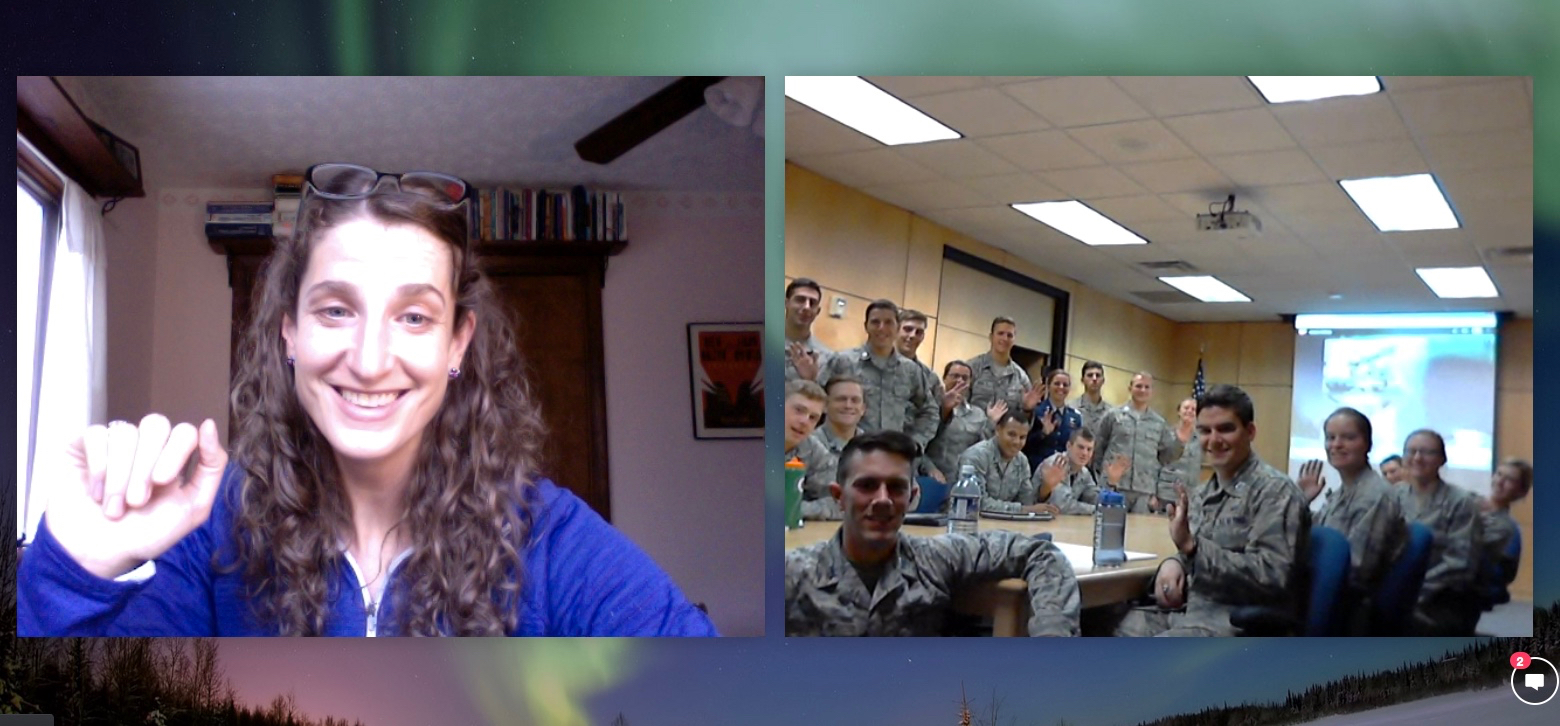
COMMENDATION & APPRECIATION
Praise from Jack Segal, Vietnam Veteran and former Senior US Diplomat and chief political advisor to NATO forces in Afghanistan from 2001-2010:
“What really amazes me about Katey’s writing is that she has been able to get inside the minds of people in war. She has an uncanny ability to take the reader into the scenes, the villages, the lives of the people who are experiencing war. She captures perfectly the complex emotions of the soldiers in combat, the people of the country where they fight, the returning warriors, their families and friends as each tries to make sense of their lives. She’s a unique and very, very talented writer.”
“Only by making this book of stories mandatory reading can Americans become aware of war. The cost is high, but it is mostly out of sight and mind…Schultz made the effort to break out of her life for thirty-one months to find out ‘the impacts of war inside the family home’ and in ‘the far reaches of an individual’s mind.’ We should honor her efforts by reading her book, which bears ‘witness to the complexity of hope and suffering.’” from (Vietnam Veterans of America magazine)

